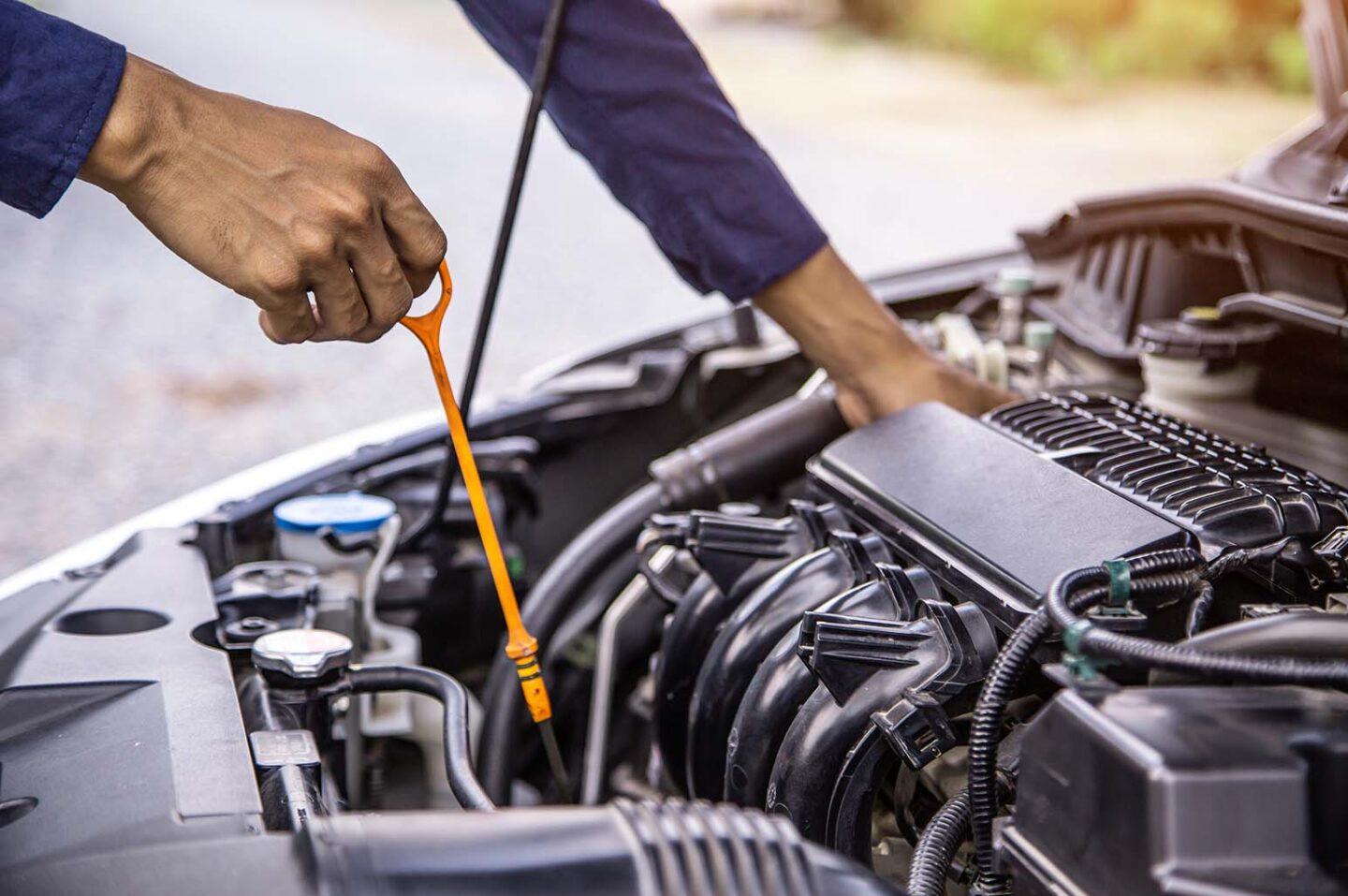Don’t wait for car troubles to strike. Discover the key indicators that your vehicle needs a tune-up and ensure optimal performance and reliability.

Car tune-ups are crucial for preventing unexpected mechanical issues and maintaining vehicle performance. Like health check-ups, they involve periodic evaluations and adjustments to ensure efficient and reliable operation. Recognizing symptoms like difficulty starting or engine performance issues signals the need for a tune-up, promoting road safety and peace of mind.

Recognizing the Symptoms of a Car in Need of a Tune-Up
A smoothly operating vehicle should deliver an uninterrupted driving experience. Observing anomalies like reduced fuel efficiency, rough idling, or diminished acceleration may indicate the need for a tune-up. Performance decline might stem from a dirty air filter or more complex issues with the car’s computer system or other components. Considering “What is an auto tune up?” involves addressing these potential factors to maintain optimal performance.
How Ignoring Simple Warnings Can Lead to Bigger Issues Down the Road
The adage that a stitch in time saves nine holds true in car maintenance. Drivers who sidestep regular servicing based on minor signs often make a beeline to the mechanic with more severe and expensive problems. A subtle indication, such as a slight hesitation during acceleration, could portend a problem with the fuel system that, when ignored, could balloon into a full-blown injector failure or a clogged fuel pump, leading to costlier repairs and potential roadside breakdowns.
Practical Steps to Diagnose Your Vehicle
Taking proactive measures in car maintenance is for more than just the mechanically inclined. Even laypeople can perform simple checks to assess their vehicle’s health. Keep an ear out for any new or worsening sounds, especially during start-up or while the engine runs. Anticipate your car’s needs by paying attention to the vehicle’s performance and condition, just like you might heed the warning signs your body gives you when you’re coming down with a cold.
Listen to Your Car
A little attention goes a long way in the realm of preventive maintenance. Unusual sounds, such as clunking, knocking, or hissing, are not familiar soundtracks of a healthy vehicle. These auditory cues can indicate everything from loose belt drives to exhaust system breaches, prompting the need for a closer inspection.
Look for Warning Lights
Vehicles today are sophisticated machines armed with various sensors and warning lights on the dashboard, each symbolizing different issues. While some may seem self-explanatory, like the battery or oil light, others, such as the check engine light, can be more enigmatic and signify various potential issues. Attending to these promptly can prevent the domino effect of one failing part impacting others.
Feel for Changes in Driving
Lastly, your sense of touch can be instrumental in diagnosing car troubles. Physical feedback from your vehicle, such as vibrations under your seat, steering wheel shimmy, or braking system changes, can all indicate that your car needs technical attention.
Maintaining Performance: The Importance of a Regular Tune-Up Schedule
Following a regular maintenance schedule is essential for vehicle ownership. Typically outlined in your car’s manual, experts advise tune-ups at manufacturer-recommended intervals. These practices uphold engine performance and fuel efficiency, and prolong the vehicle’s lifespan, highlighting the importance of a regular tune-up.
Cost Versus Value in Auto Maintenance
Many car owners might grapple with the cost of a tune-up, contemplating whether it’s worth the investment. There is a common misconception that, since nothing seems askew, maintenance can be delayed. In reality, overlooking tune-ups can lead to diminished performance and higher fuel consumption. More significantly, regular tune-ups unearth minor issues before they become significant, preventing costly overhauls and extending your car’s overall lifespan.
Professional Tune-Up or DIY?
The debate between professional and DIY tune-ups is nuanced. For those with a measure of technical skill and an appropriate toolset, undertaking minor tune-up tasks at home can be both satisfying and cost-effective. But it is essential to recognize the limits of your expertise. Complex vehicle issues related to electronic control systems, transmissions, or deep engine diagnostics typically command a professional mechanic’s precise tools and experienced hand.
When DIY Makes Sense
Self-servicing can be viable for tasks such as replacing wipers, changing out air filters, or rotating tires. These do not require specialized tools or advanced mechanical knowledge and can be an excellent way for car owners to become more familiar with their vehicles.
When to Consult a Professional
If you encounter persistent engine misfires, electrical problems, or anything that affects your car’s drivability or safety, it’s time to call a seasoned technician. Professionals should trust complex car care to ensure the job is done correctly and safely.
The Future of Car Maintenance: What’s Next?
Innovation in automotive technology foretells a dynamic shift in how we maintain our vehicles. Artificial intelligence and machine learning integration have begun paving the way for predictive maintenance strategies, where cars will alert owners to upcoming maintenance needs well before traditional signs emerge. Technicians will increasingly rely on advanced diagnostic tools and software to provide swift and precise service, thereby reinventing the concept and execution of the car tune-up.
